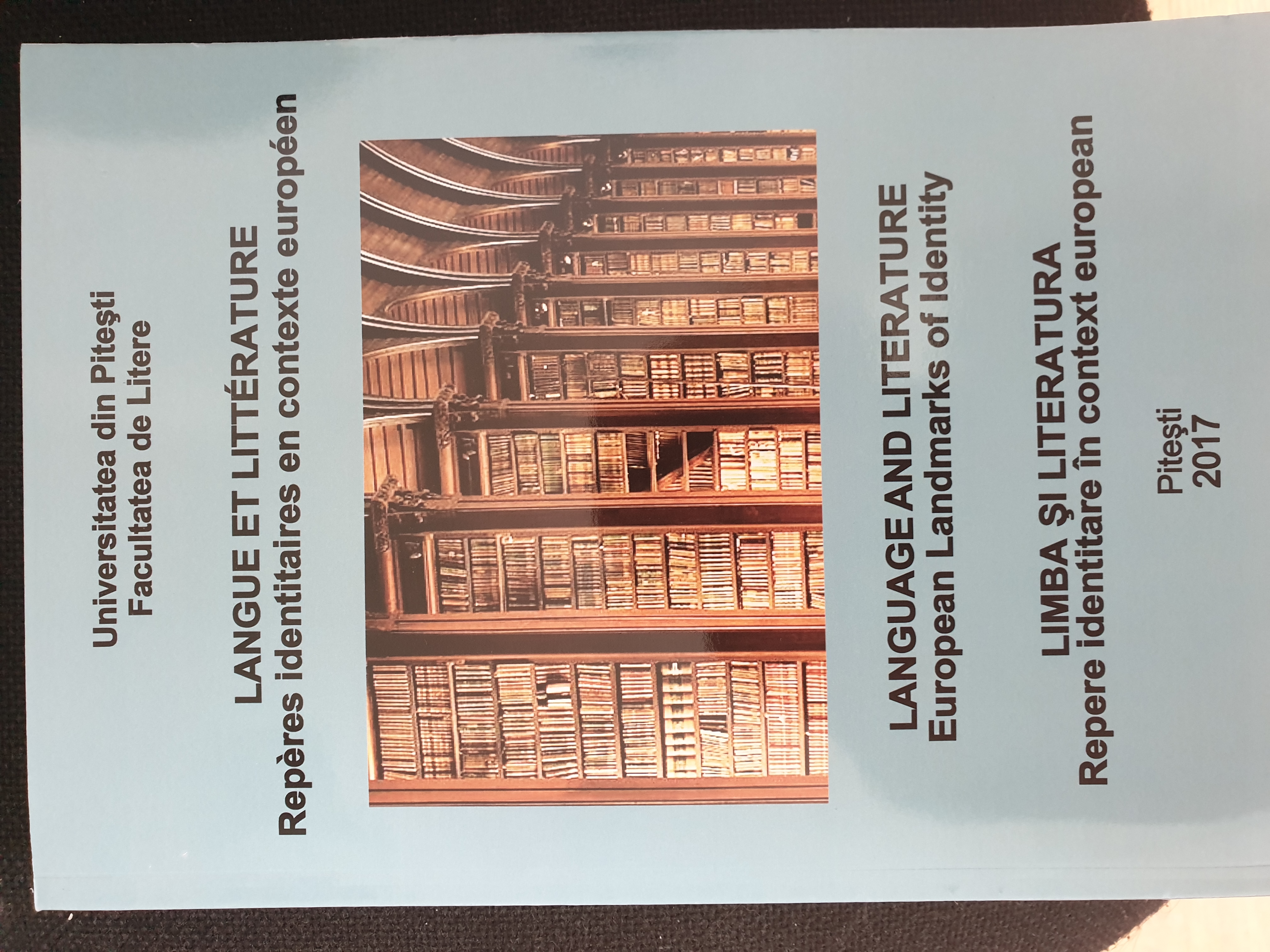FURTHER REMARKS ON EXPRESSING GENDER IN ENGLISH AND IN ROMANIAN. INTERRELATIONSHIPS BETWEEN LANGUAGE AND SOCIETY
FURTHER REMARKS ON EXPRESSING GENDER IN ENGLISH AND IN ROMANIAN. INTERRELATIONSHIPS BETWEEN LANGUAGE AND SOCIETY
Author(s): Constantin ManeaSubject(s): Gender Studies, Sociolinguistics
Published by: Editura Universităţii din Piteşti
Keywords: GENDER; NEOLOGY, EUPHEMISM
Summary/Abstract: The approach specific to the present paper is reflective rather than normative or didactic. We aim to analyze some relevant aspects of expressing grammatical gender in English and Romanian, starting from the more and more significant aspects of what, in various sociolinguistic and even ideological approaches, is called Gender. We have already approached, in other papers too, this rather uneasy position of the semantic-functional complex called Gender, caught in-between the strictness of grammar and the rigors of linguistic normalization, on the one hand, and the (often ultimatum-like) claims of feminism, or purely politically vocabularies, on the other hand – an increasing influence that is also felt globally. A sketched comparison was drawn between the situation in English and in Romanian (also adding some hints at expressing gender in French), as “poles” of Gender expression – which is often felt as a real source of pressure at the social level. This category of Gender is therefore regarded as a type of neology, as a sub-category of euphemism, but also, incidentally, as a subsidiary aspect of language standardization – warning us, as linguists, against pseudo-feminist excesses and, in general, against ideological manipulation and manipulators.
Journal: LIMBA ȘI LITERATURA – REPERE IDENTITARE ÎN CONTEXT EUROPEAN
- Issue Year: 2017
- Issue No: 21
- Page Range: 40-51
- Page Count: 12
- Language: English

